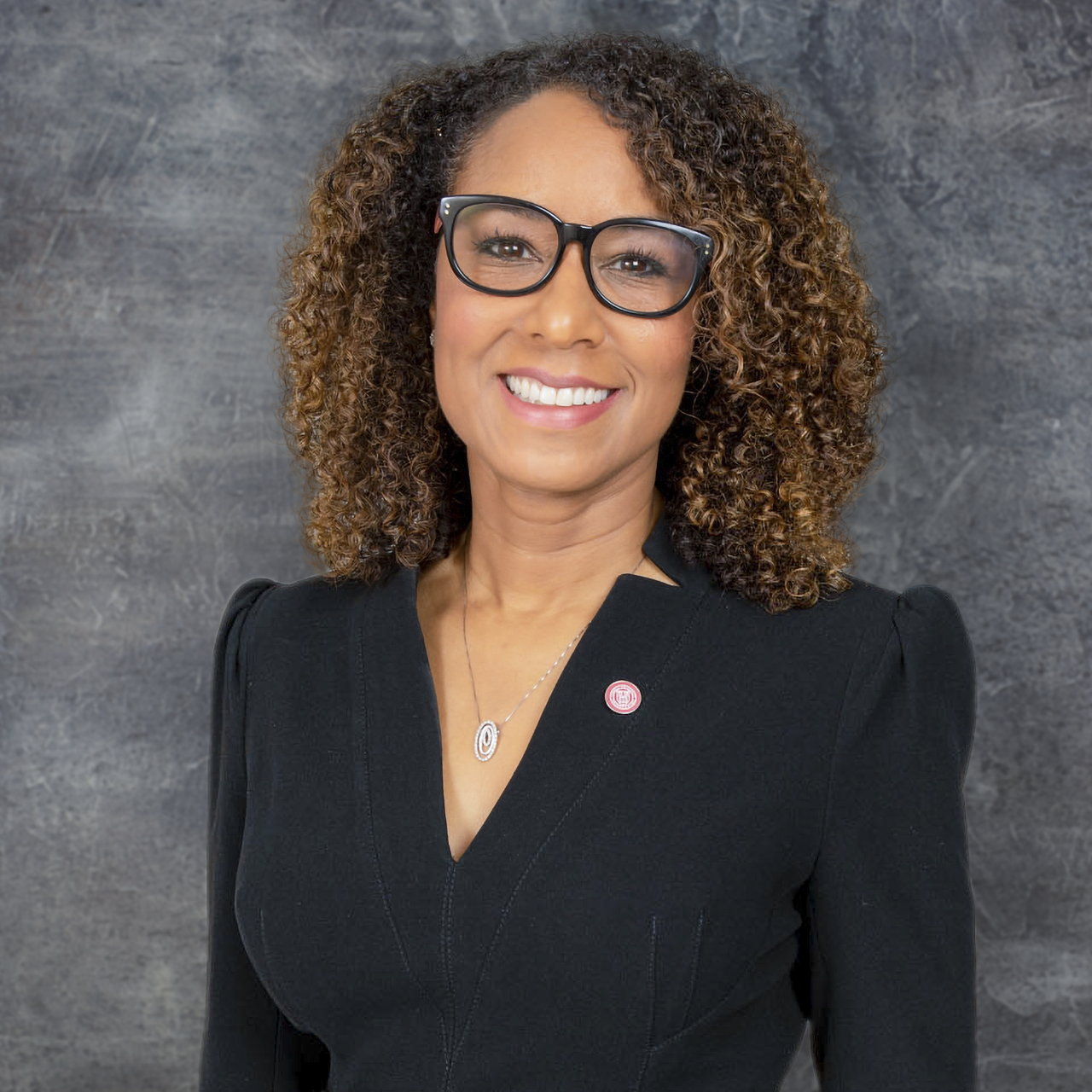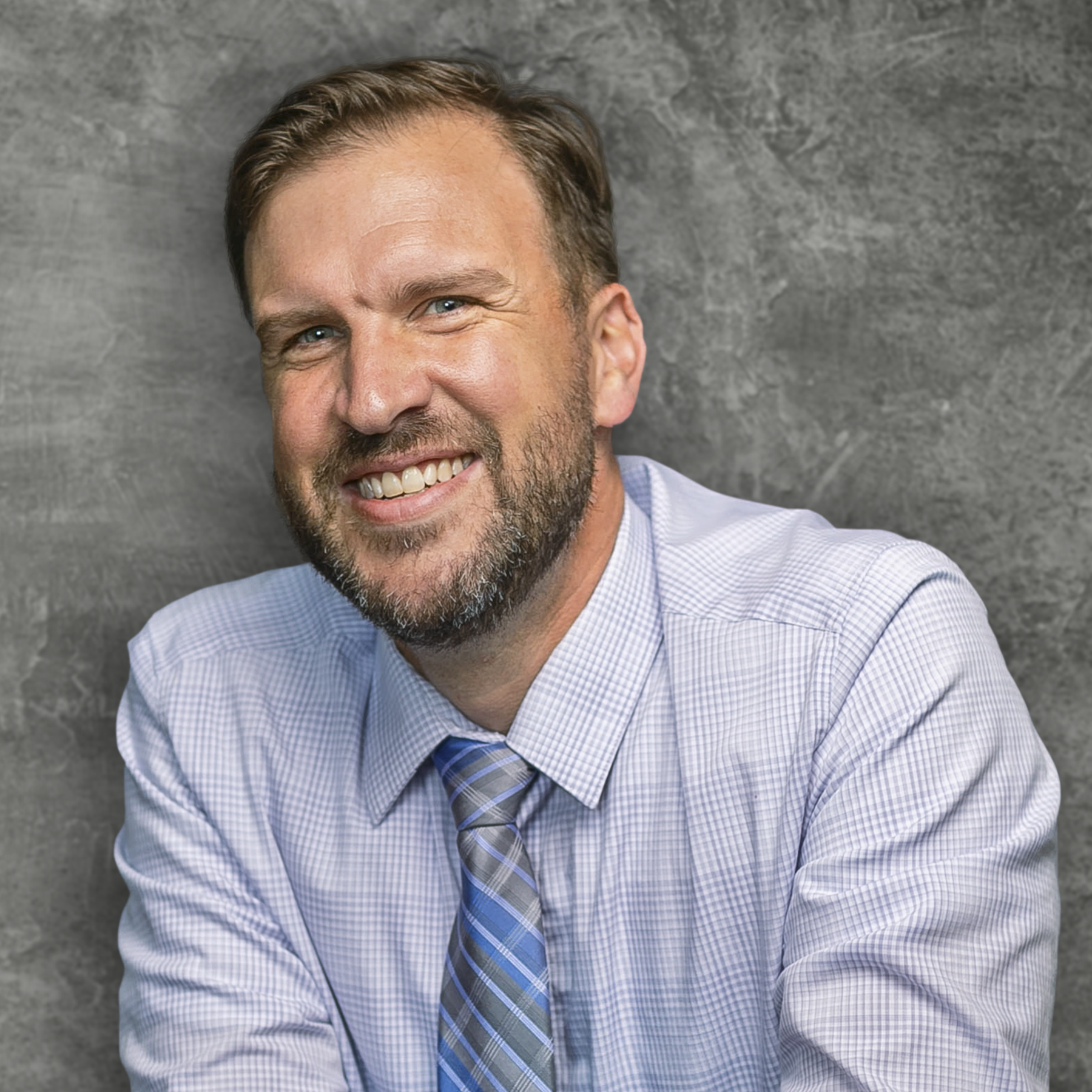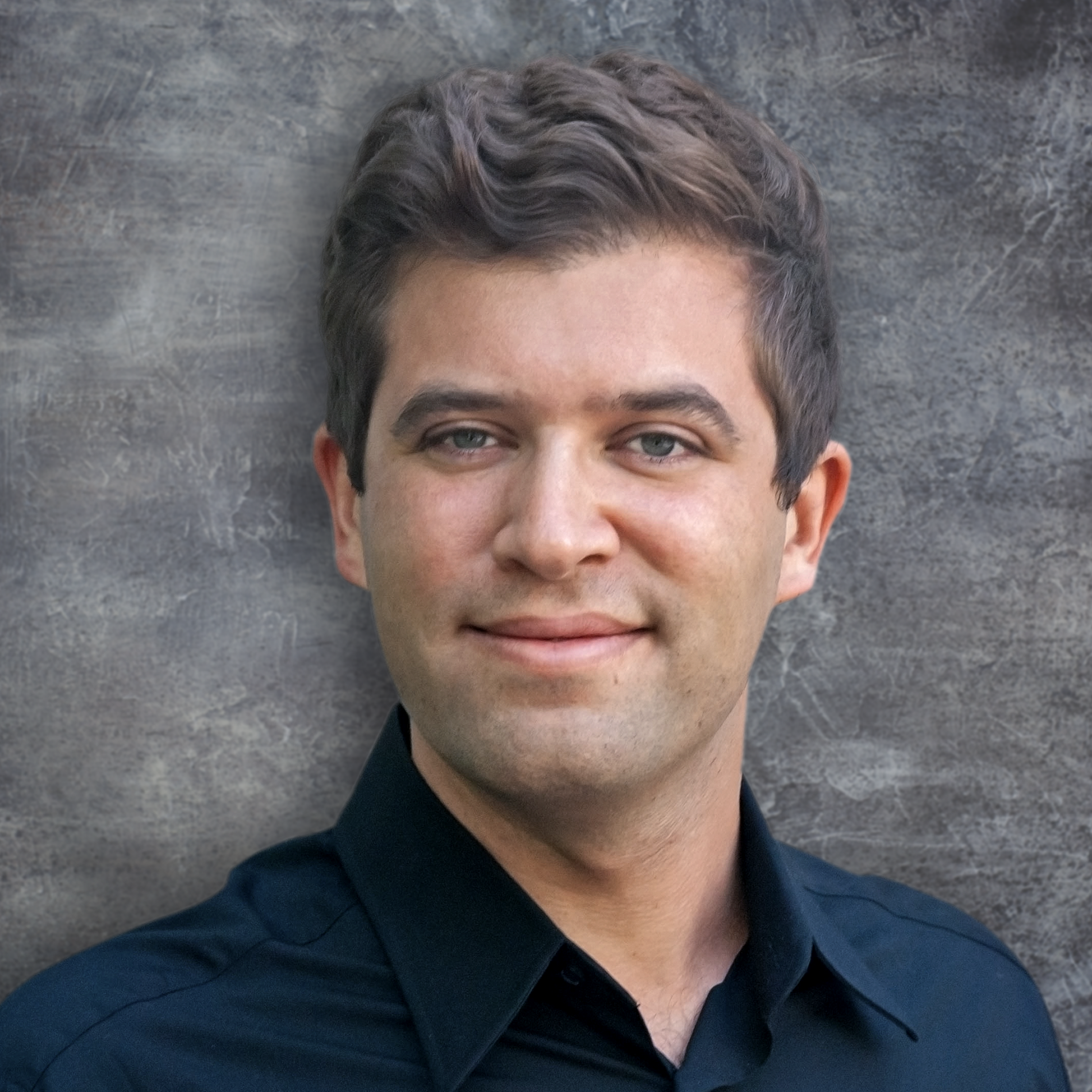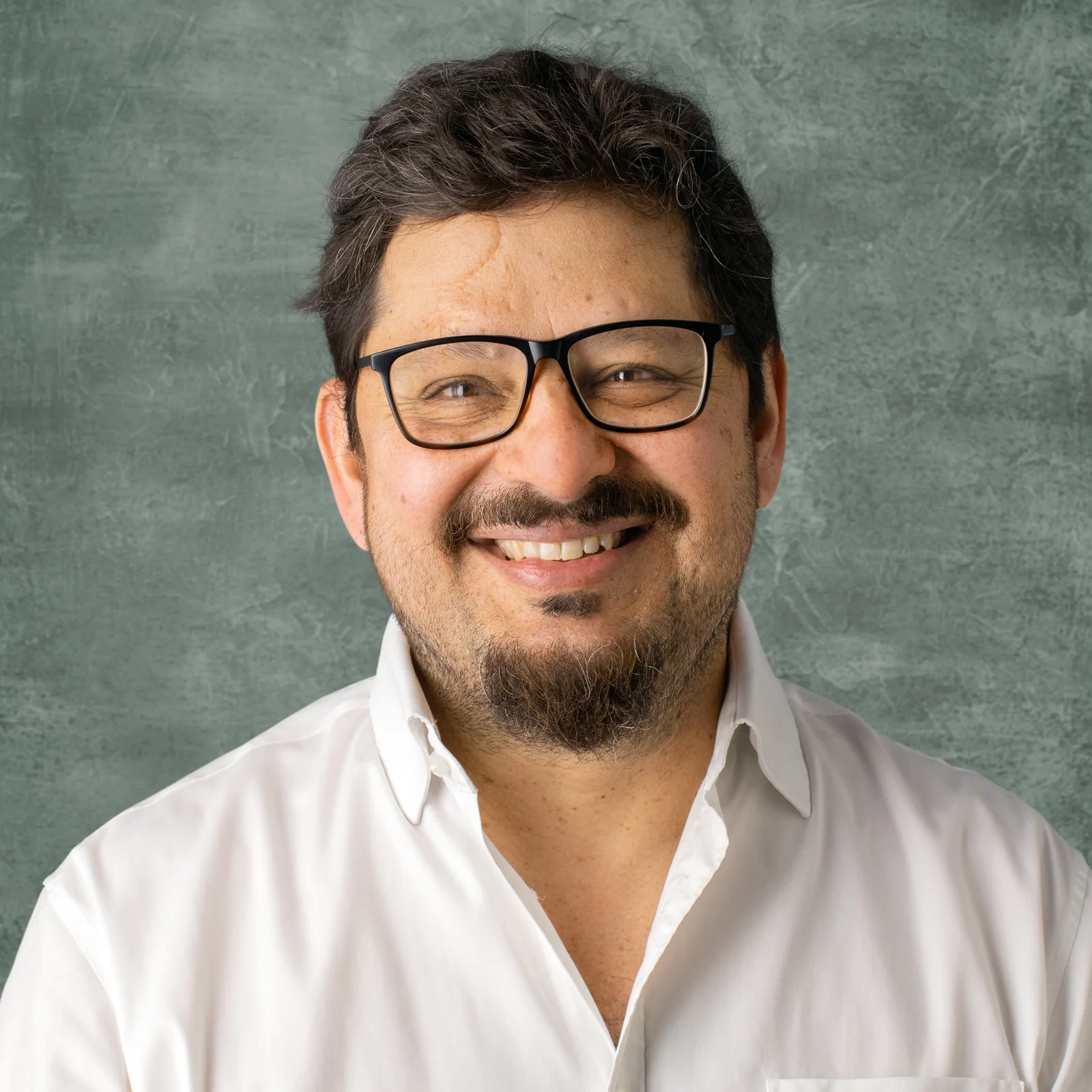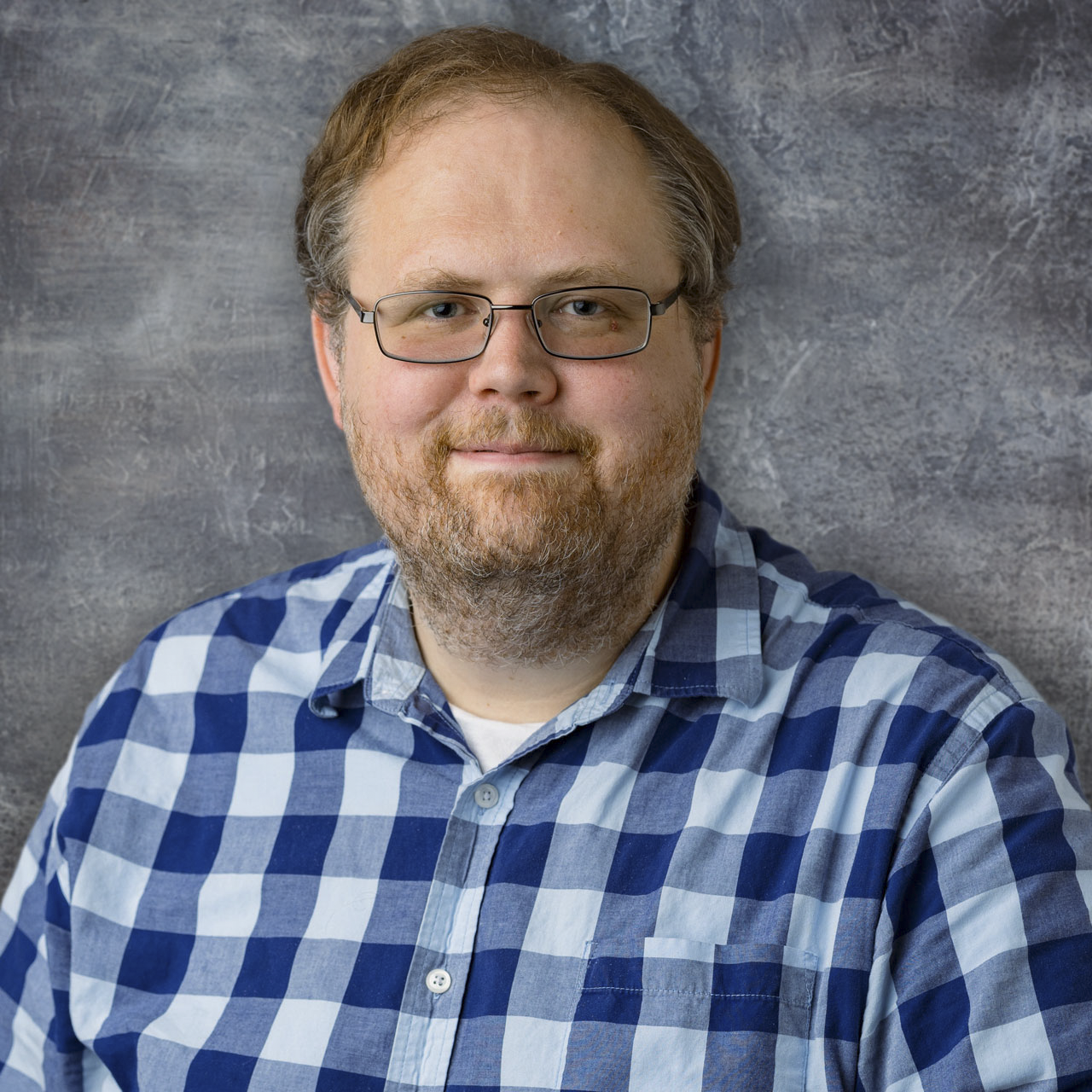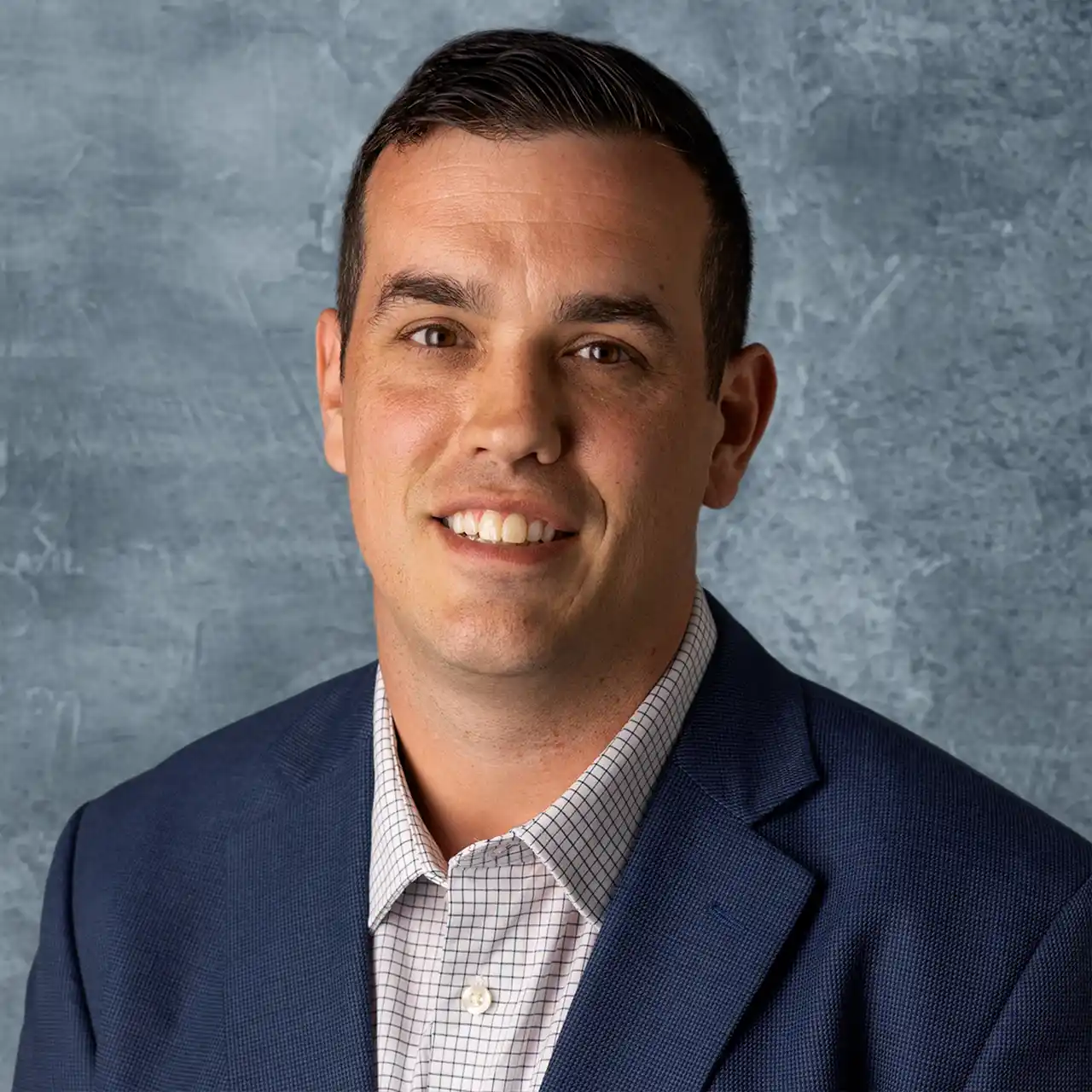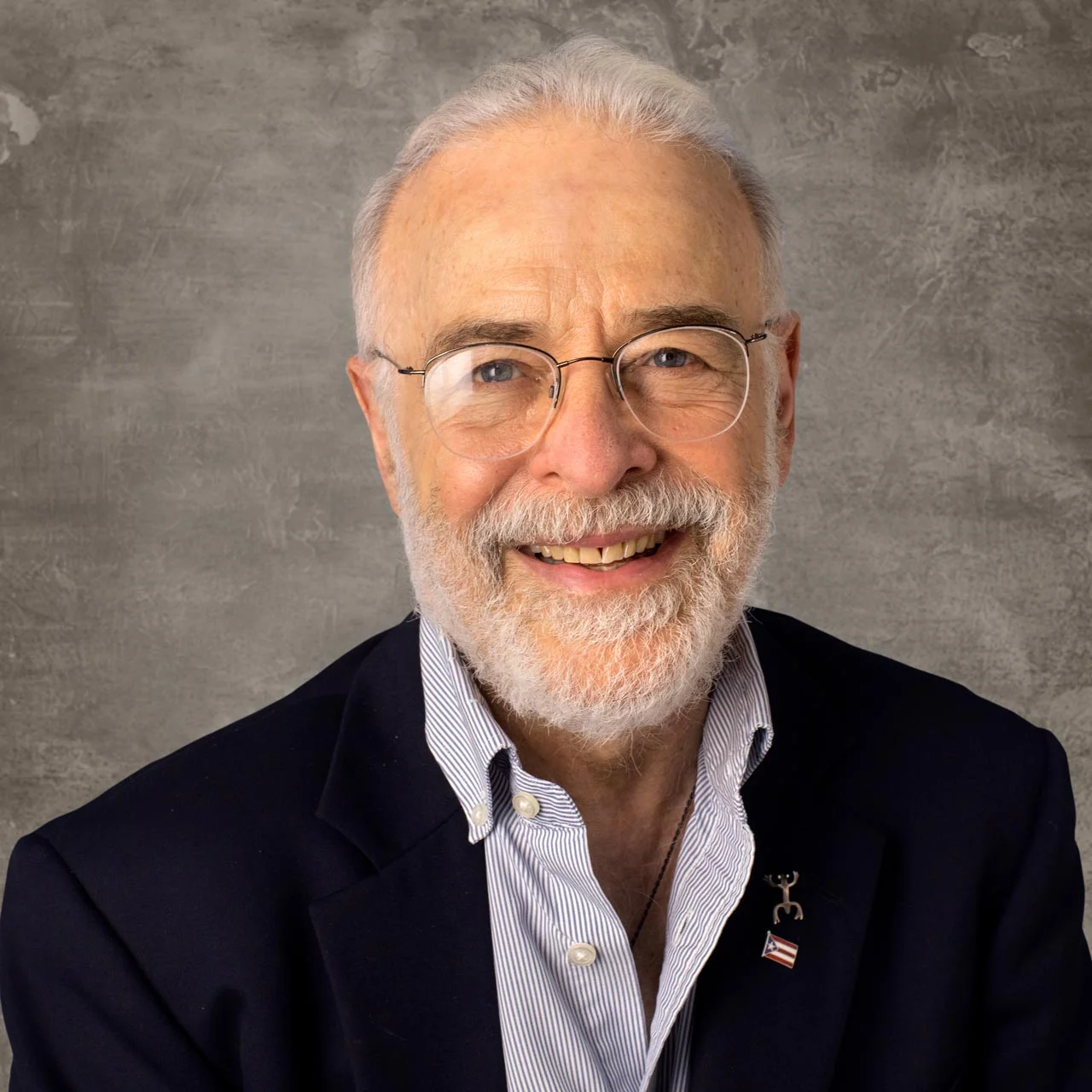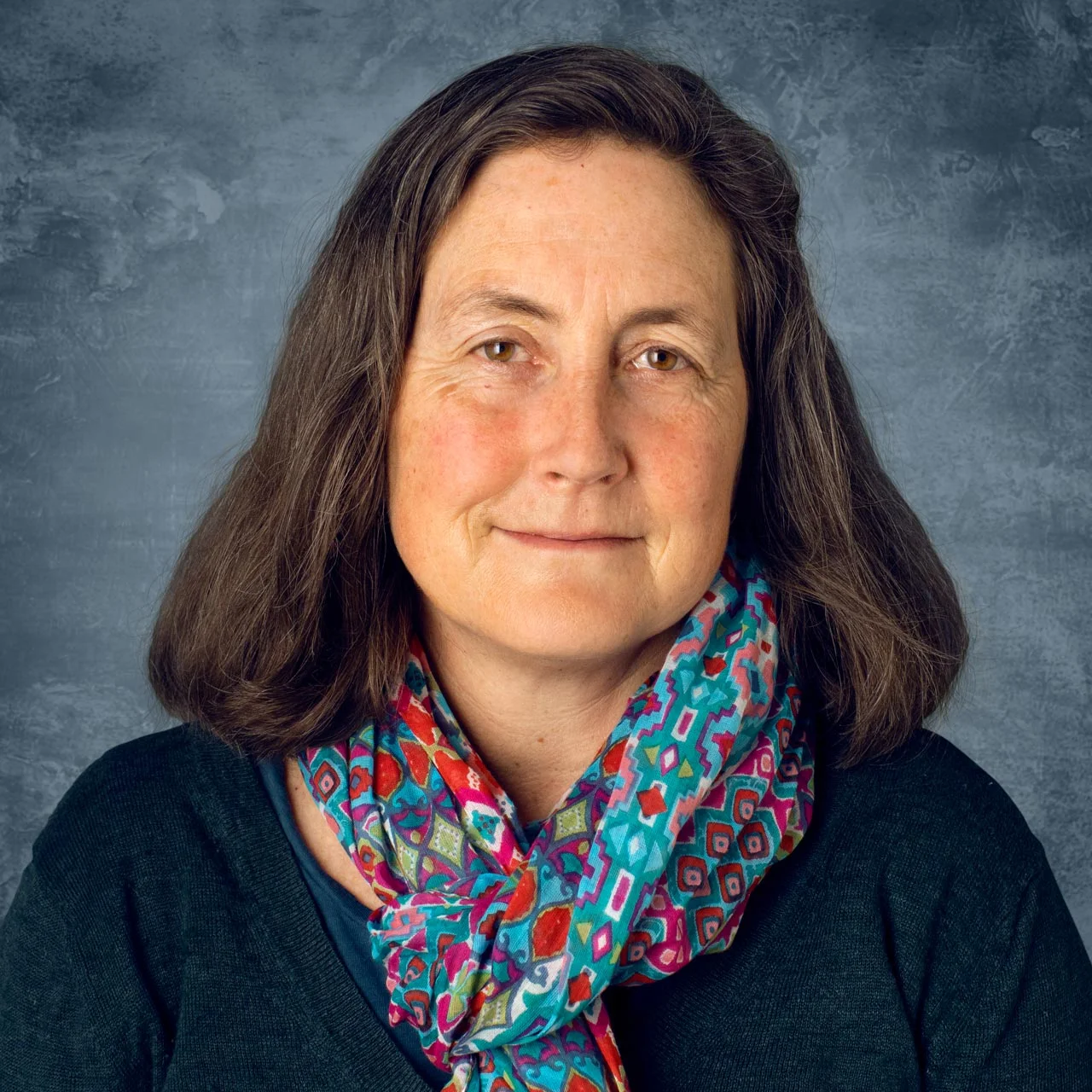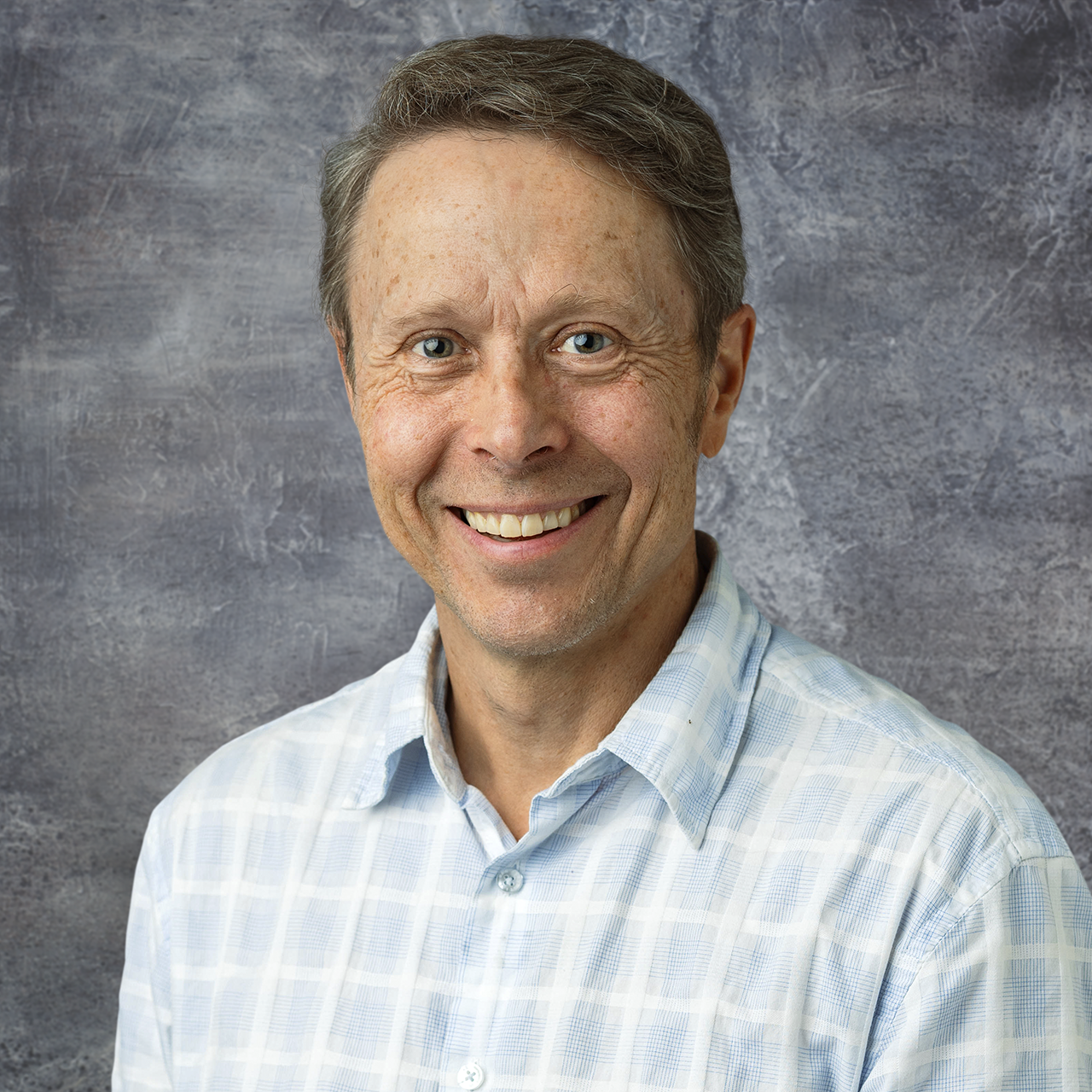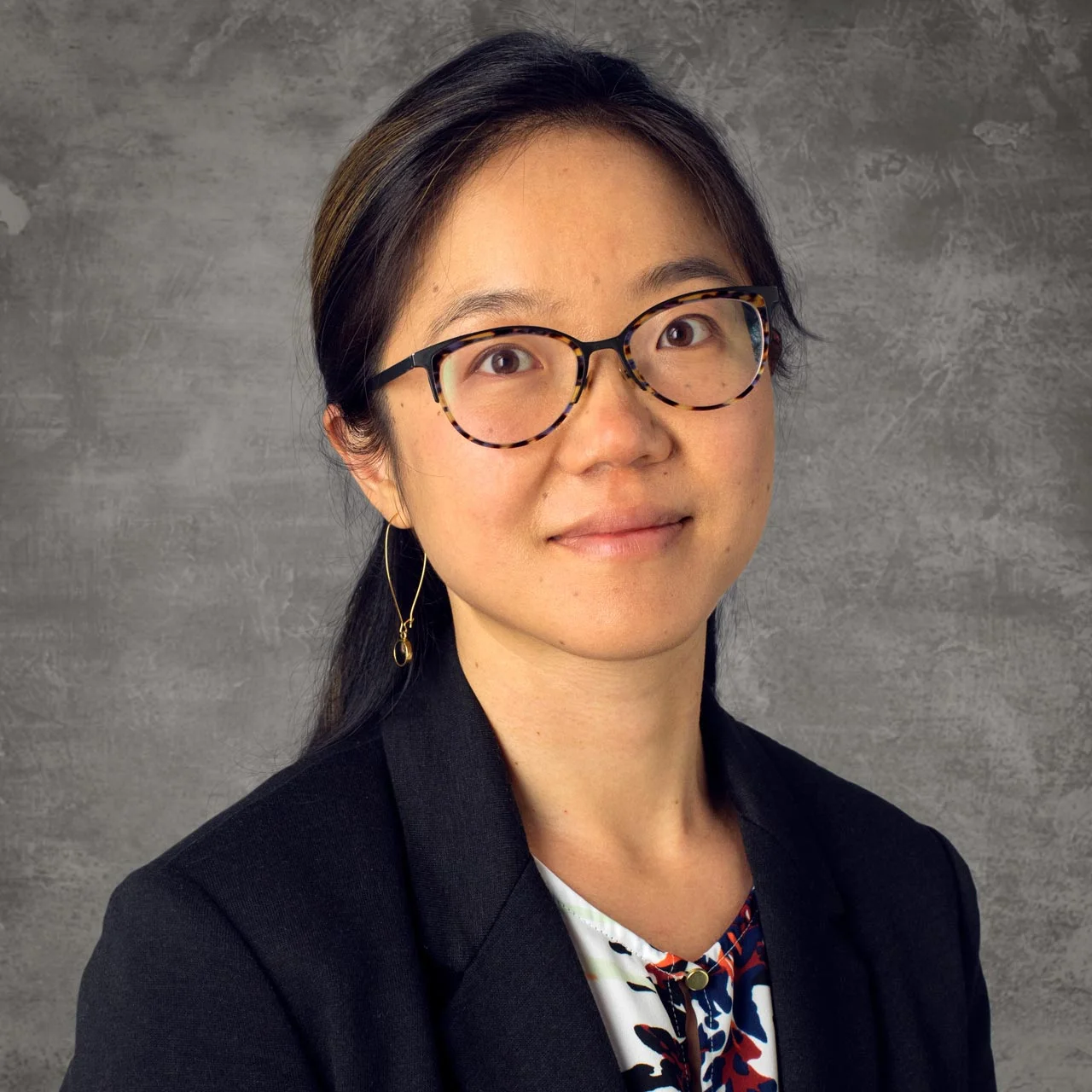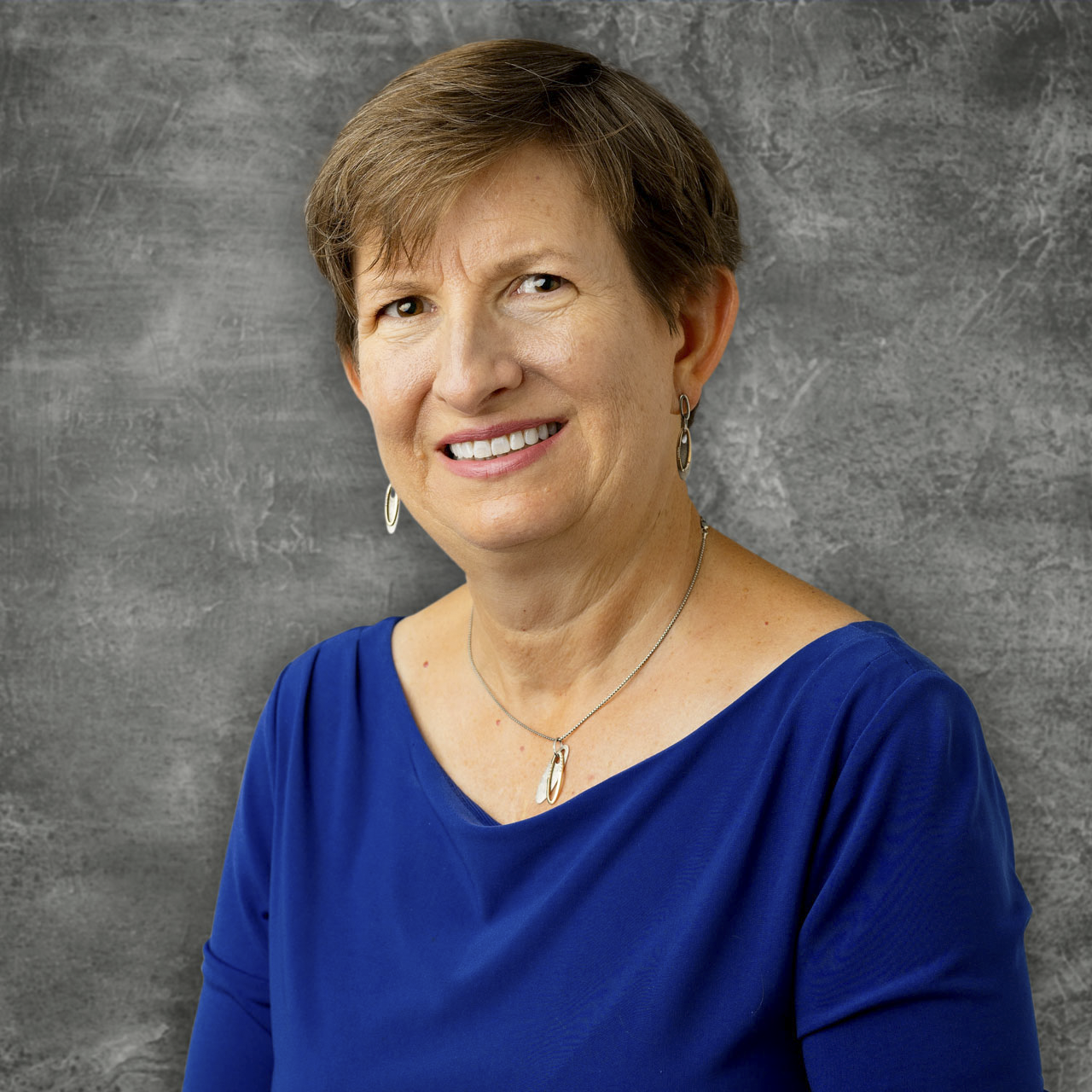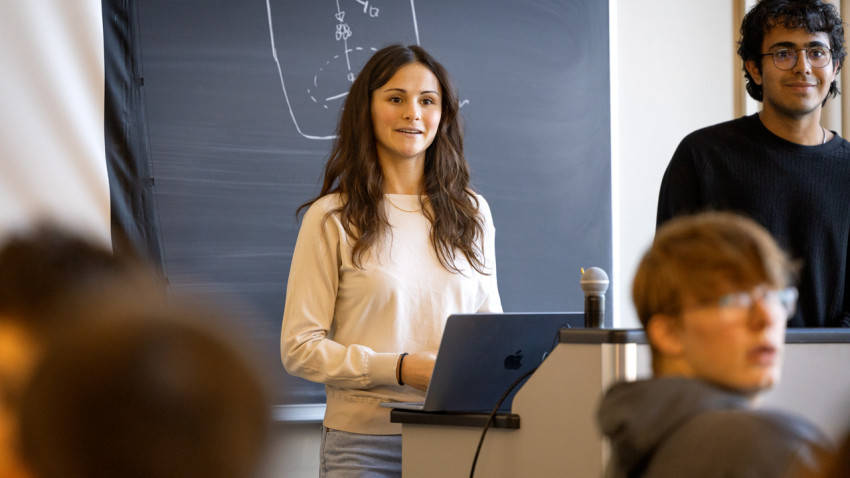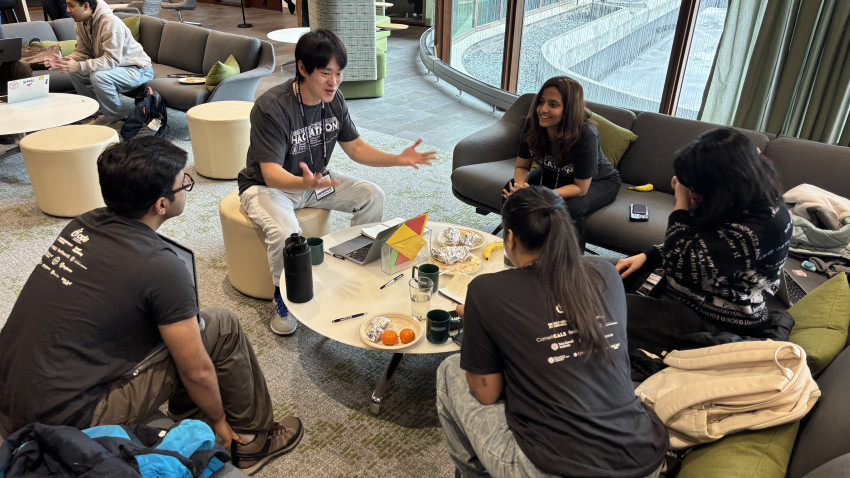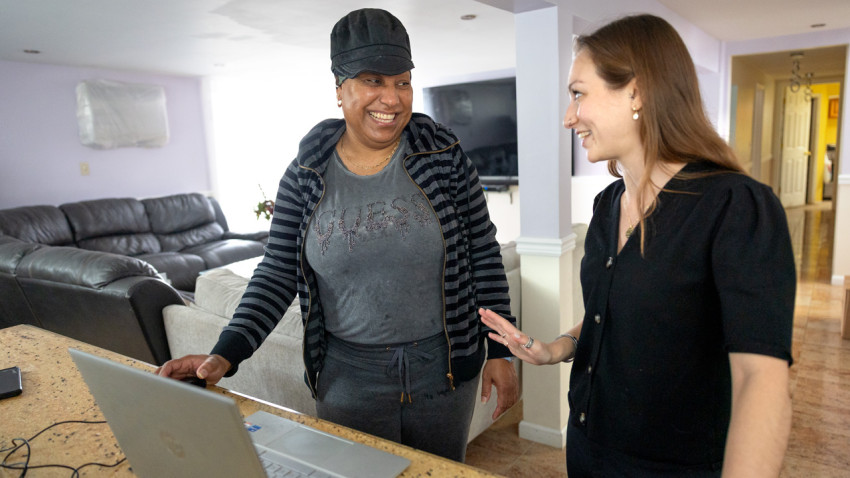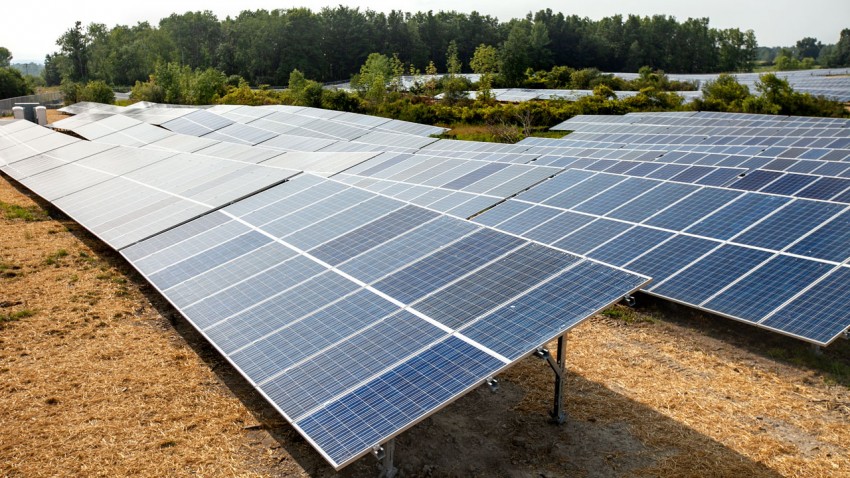Meet the Experts
List of Experts
About the 2030 Project
-
Food & Farms of the Future
Our transformation of food and agriculture systems helps reduce emissions from food production, removes atmospheric greenhouse gases and prepares us for a warming world.
-
Energy of the Future
From electricity to heating to transportation, we’re accelerating the decarbonization of the planet and transforming energy systems for all who call it home.
-
Materials of the Future
We’re at the forefront of creating next-generation industrial technologies and processes to accelerate decarbonization and reduce the negative impacts of a decarbonized world.
-
Societies of the Future
Now is the time for climate solutions that leave no one behind. We inform policies that turn local action into effective global action, like reducing the drivers of climate migration and helping transform business and finance.
Featured Projects
-

Sunlight Reflection Methods
Douglas MacMartin (Cornell Engineering) and Daniele Visioni (Cornell CALS) are exploring strategies to cool the Earth through sunlight reflection methods by injecting sulfate aerosols into the stratosphere to reflect a portion of sunlight back into space. While still theoretical, this technique aims to temporarily slow the rate of global warming while other long-term climate solutions. -
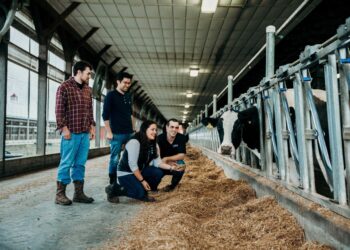
Livestock Innovations for Sustainability
Second only to carbon dioxide as the single largest contributor to global warming, agricultural methane is a primary driver of climate change. In partnership with national and international NGOs, corporations, and foundations, Cornell researchers are leading the way in research to mitigate methane through innovative feed additives and other sustainable, profitable farming practices. -
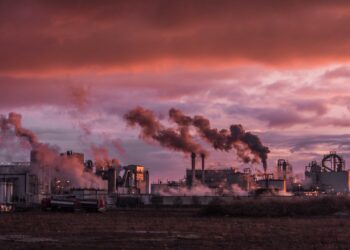
Carbon Capture and Utilization
Assistant Professor of Chemistry & Chemical Biology Philip Milner is advancing the research into new materials and mechanisms for carbon capture to reduce greenhouse gas emissions. Along with other researchers in Cornell’s new Center for Carbon Capture and Conversion, Dr. Milner is pioneering a new class of absorbents that will bind carbon dioxide more effectively and economically, enabling its recovery for long-duration storage or utilization. -

Climate Jobs Transition
Cornell ILR’s groundbreaking Climate Jobs Institute (CJI) is guiding New York State and states across the nation in making the transition to a resilient, equitable clean energy economy. Through innovative policy studies, cross-sector partnerships, and education and workforce training, the CJI is helping policymakers, labor unions, industry leaders, and others navigate the climate crisis and plan for and create the high-quality jobs of the future.
In the News
North American Birds Are Dying Off Faster. It Signals a Crisis for Humans, Too.
Amanda Rodewald, director of the Center for Avian Population Studies at the Cornell Lab of Ornithology, comments on the broader implications of declining bird populations.
Could a New Illinois Bill Be a Blueprint for Curbing Data Centers’ Climate Impacts?
Fengqi You, a Cornell University energy systems engineering professor, analyzed the POWER Act’s environmental implications and highlighted water use as a key concern for data centers.
Trump's EPA Is Revoking the "Endangerment Finding" on Greenhouse Gases. Here's What to Know.
John Tobin-de la Puente, professor of practice, advises businesses not to rely on the Trump administration’s repeal of environmental regulations for long-term planning.
Data Centers Are Scrambling to Power the AI Boom with Natural Gas
An analysis from researchers at Cornell University found that the data center build-out could add as much as 44 million metric tons of carbon dioxide to the atmosphere by 2030.
Microsoft Pledged to Save Water. In the A.I. Era, It Expects Water Use to Soar.
Fengqi You, a Cornell University systems engineering professor, explains that power generation significantly increases the water footprint of data centers.
We Can Safely Experiment with Reflecting Sunlight Away From Earth. Here’s How
Daniele Visioni, an assistant professor of Earth and atmospheric sciences at Cornell University, co-authors a proposal for phased, safe research into sunlight reflection to address climate change.
Recent Stories

You Can Help
Through fundraising, The 2030 Project can further the scope and impact of Cornell research and education on earth’s climate.
The science is clear — this is the decade of action. Help us develop technological solutions, advance policies that mitigate the impacts of climate change and inspire businesses and individuals to apply these practical solutions in the real world.

